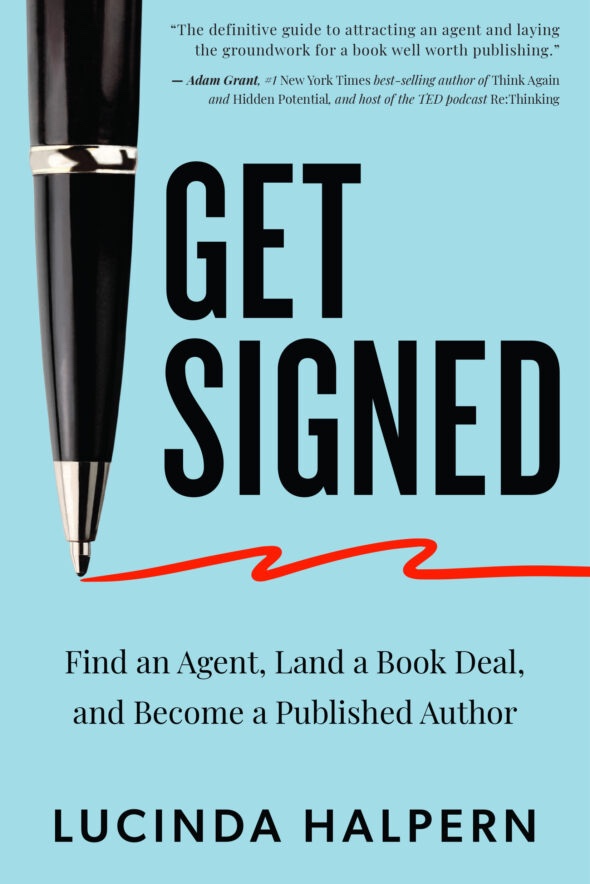Search
Building a Platform While Living Your Busy Life
One of the most common hurdles for aspiring authors is the difficulty of juggling writing with their careers, their families, or both. Even if you have created a stellar proposal, it’s often not enough to capture an agent or publisher’s interest without a platform. So the question becomes—how can you balance marketing yourself while juggling work and family? The answer: develop small habits to integrate platform-building into your daily life, until it’s almost effortless. And maybe even fun.
On your way to your office or your children’s school, think of the coworkers or fellow parents that you’re about to see. Are they in your social media network? What type of content might you create that would interest them? Creating content that interests the people who already exist in your life is often immediately overlooked by writers hoping to fast-track themselves to Instagram celebrity. Ask these colleagues what sort of accounts they follow, trends or conversations they find fascinating.
As you go about your day, keep a journal where you can record your innermost discoveries about the topic that obsesses you, your reactions to the news of the day or conversations you’re having. Our marketing courses stress the importance of making yourself vulnerable and “real” on social, and sharing our most vulnerable stories can even be important in pitching the media. Did you come across any small realizations that could speak to a wider audience? If your book is about resilience, you can post about a tough day you had with specifics about your feelings and the ways you’re moving out of it. When you share these experiences online—better yet, in real time on social—it helps grow your platform and, eventually, sells your book. Your lived experience can be your expertise.
When you take a break and scroll on social media, make sure you’re following authors or thought leaders in your area of expertise—both established and just starting out—to inspire and inform your own media presence. If you do this, social media transforms from a mindless habit to a study session. What are the authors you admire posting? How are they engage their audience and staying true to their voice?
When you begin a long day or return home from one and are trying to making progress on your proposal or manuscript, don’t feel you’re doing it alone. Beyond our own supportive community at LL, there are others on Twitter and Instagram where you can learn the best strategies, hold each other accountable to progress, and lift each other up.
One of the most important elements to selling your book to agents is the hooks that agents and the media will immediately see. When taking a walk outside or being inspired by your favorite podcast, what emerges for you as the three most timely, novel, or surprising insights that readers will learn? For fiction as well as nonfiction, what becomes your X and Y when creating the comps equation: my book is “x” meets “y”? These radical aha marketing moments of genius rarely catch us while deep in writing. They catch us when we’ve separated ourselves from our work.
There isn’t one big secret to building a platform and reaching an audience. It’s about putting effort in, every day, to establish your voice or your authority. It’s not easy and it takes time, but there are ways to think about it simply so that it doesn’t feel overwhelming. Your writing deserves to be given a fair shot, and for that to happen, your content must be visible to others.








